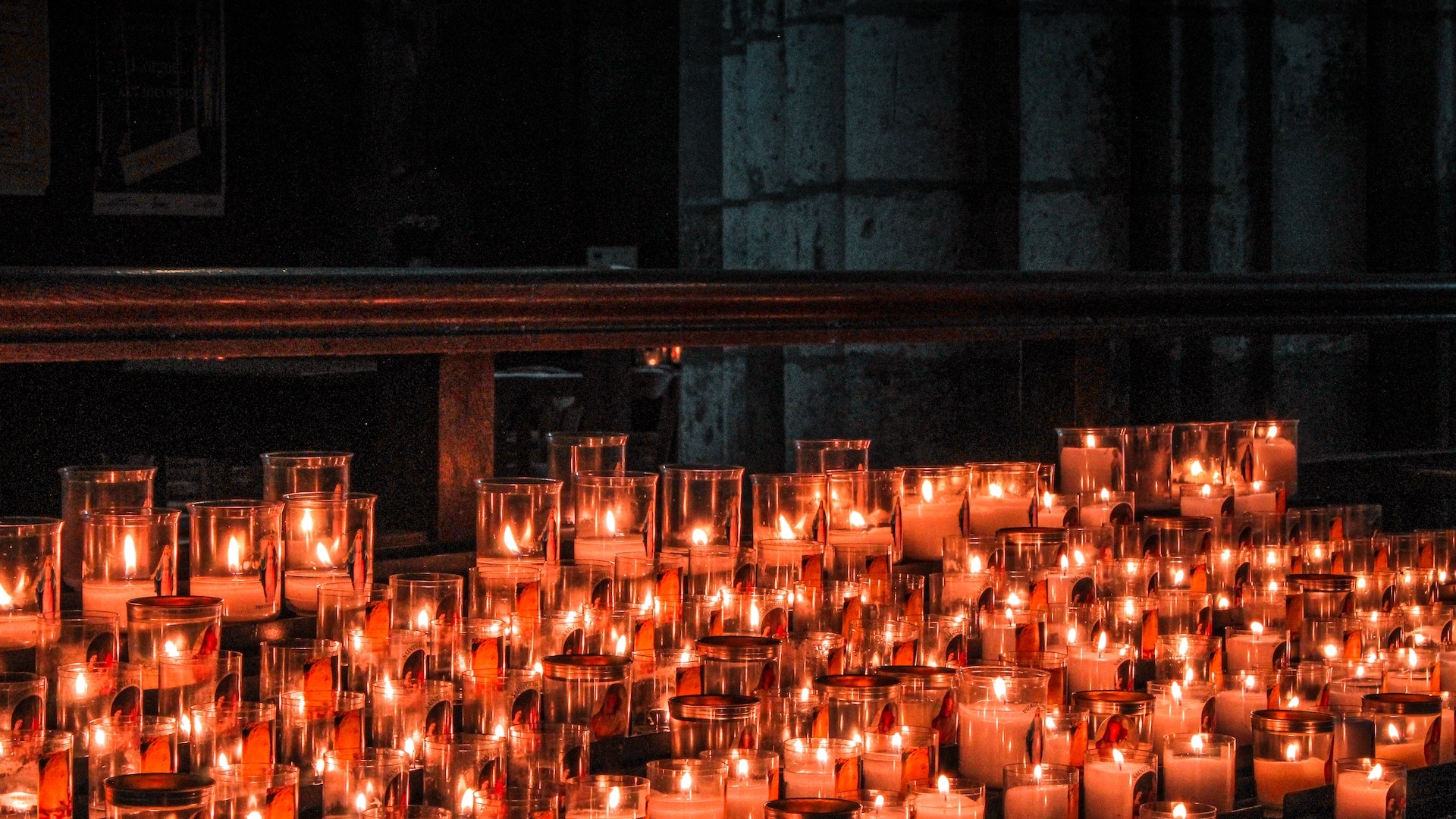There are different ways to distinguish a church from a cult. Churches hold to a broad consensus of orthodox beliefs while cults invariably elevate a small number of uniquely unorthodox beliefs. Churches tend to foster a context in which leaders are accountable to their congregations while cults tend to foster a context in which leaders demand mindless obedience. Churches expect loyalty to the word of God while cults expect loyalty to the words of a charismatic leader. And then there is this: Churches tend to reflect unity amid diversity while cults tend to display unity premised upon uniformity.
The gospel of Jesus Christ is meant to transform those who believe it to such a degree that communities structured around it are markedly different from those that are not. When the gospel is honored and valued, it fosters love and unity among people who would otherwise be cold and distant. And in that way gospel communities should reflect a kind of gospel diversity—a community in which a diverse group of people honor, enjoy, and serve one another.
As we look around a church we ought to see people with a wide range of differences experiencing the deepest kind of unity—different races and ethnicities, different ages and socioeconomics, different convictions on politics, different convictions on education, different convictions on vaccinations, and so on. The gospel that was sufficient to bind Jew to Gentile and Gentile to Jew is sufficient to bind any two—or any two hundred—Christians together. The gospel that fostered unity between vegetarians and meat-eaters is plenty strong enough to foster unity between maskers and non-maskers.
Yet a little honest self-examination will probably reveal that we all have a cultist lurking within ourselves. We may pay lip service to diversity, but when it comes down to it we find that our natural instinct is toward uniformity—a uniformity to our own emphases, our own convictions, our own preferences.
We acknowledge that Christians have freedom to disagree when it comes to the ways we educate our children, yet find we look with a disparaging eye at those who have strong convictions that are the exact opposite of our own. We say that we want our church to reflect the ethnic diversity of the surrounding community, but then find that the traditions and ideals of another culture grate against our own. We distinguish between essential and non-essential beliefs—we may even say something like “in essentials unity, in non-essentials liberty, in all things charity”—yet still find ourselves thinking how much better this church would be if we did not have to love people who believed this or acted like that. Like the strong toward the weak in Romans 14, we can despise people who live by different convictions, and like the weak toward the strong, we can so easily pass judgment on them.
The inner cultist tries to convince us that life would be better, relationships would be easier, the church would be safer, if only everyone was the same—the same as me. Yet such a community would display little of the gospel because it would require little divine grace. It takes no divine power to foster community amid uniformity. But it takes great divine power to bind together those who are in so many ways so very different—those who continue to live by conscience, who continue to value their culture, who continue to hold to their convictions.
So when you look out at your church and see a person whose convictions are opposite yours on a key issue, be grateful that you are part of the same church. When you see a person who places great value on what is so uninspiring to you and places little value on what is so close to your heart, be thankful that God has bound you together. When you look out and see diversity, don’t let your heart long for uniformity. For that would be a longing to be part of a cult rather than a church.










